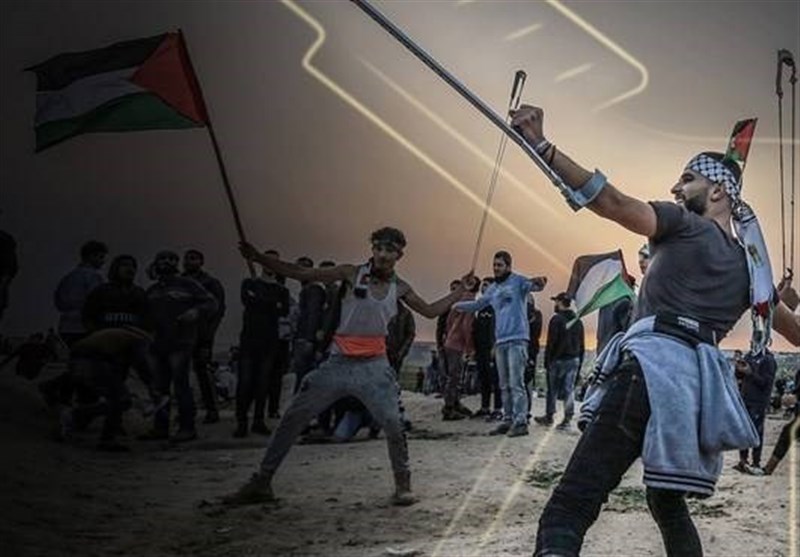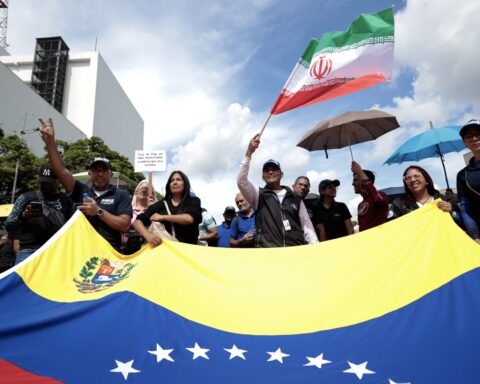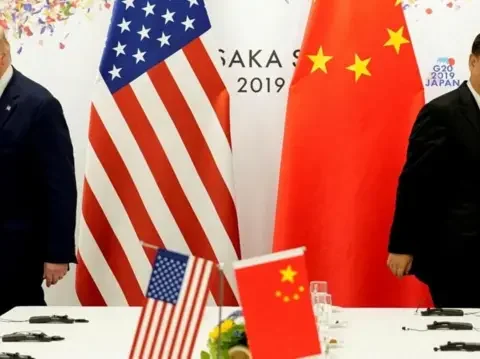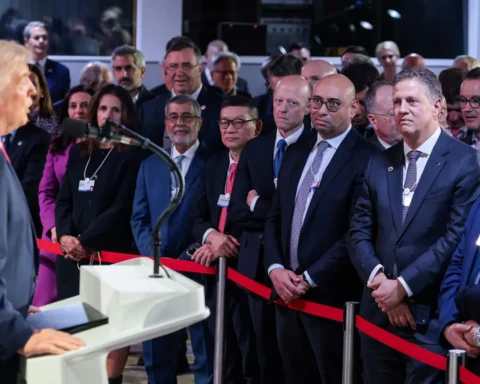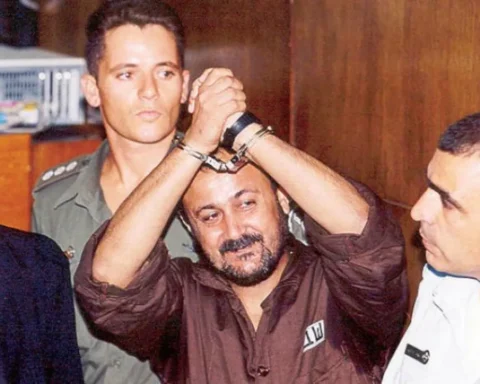Today, Palestine stands at a stark crossroads: devastation and dignity, loss and light. The ongoing genocide in Gaza continues, carried out by Israel, yet Palestinians across the world, in science and culture, continue to win global recognition. Their recognition by prestigious institutions marks their resilience and identity. This sends a strong message to those who seek to erase the identity of Palestine: the movement is alive, and righteousness prevails.
On 8 October 2025, Palestinian-American scientist Omar Yaghi, along with Susumu Kitagawa (Japan) and Richard Robson (Australia), was awarded the Nobel Prize in Chemistry for their work on the development of metal–organic frameworks (MOFs). Born and raised in a Palestinian refugee camp in Amman, Jordan, Yaghi recalls his childhood memories:
“I grew up in a very humble home. There were dozens of us in one small room, sharing it with the cattle we used to raise. I was born into a family of refugees, and my parents could barely read or write. So it’s quite a journey—and science allows you to do it. Science is the greatest equalising force in the world. Smart people, talented people, and skilled people exist everywhere. That’s why we should really focus on unleashing their potential.”
His work symbolises the power of knowledge rising above ruin and destruction.
In August 2025, a different kind of spotlight shone on 27-year-old Palestinian model Nadeen Ayoub, who announced her participation in Miss Universe 2025. Her appearance was more than pageantry; it was a representation of Palestinian identity. In an interview with The New Arab, she spoke about Gaza’s suffering and the resilience of Palestinian women and children. “We don’t just want to survive—we need to thrive,” she said. She urged the world not to remain silent about Gaza’s suffering but to raise its voice against it. She further added: “And when I say beauty, I don’t just mean physical beauty—I mean the beauty of our nation and our culture.”
Another moment of triumph came when the Israeli–Palestinian documentary No Other Land won the Oscar for Best Documentary. It chronicled the ongoing expulsion of Palestinians from Masafer Yatta. Its directors—Hamdan Ballal, Basel Adra, Yuval Abraham and Rachel Szor—worked across occupation lines, risking censorship and violence to tell a story of land, loss and belonging. Their win transformed testimony into a global platform and added another chapter to Palestinian resilience in the face of Israel’s genocide.
Israel continues its bombardment of Gaza City in an attempt to erase the land and Palestinian identity. More than 67,000 Palestinians have been killed, 92 per cent of homes have been damaged or destroyed, and millions have been displaced since October 2023. The UN has declared a famine in Gaza, gripping nearly the entire population, with almost one-third facing catastrophic starvation. Schools, hospitals and cultural centres lie in ruins.
In September, the independent UN Human Rights Commission concluded that Israel has committed genocide in Gaza—a verdict echoing through global forums. Earlier, Amnesty International, Scholars on Genocide, B’Tselem and Physicians for Human Rights–Israel reached similar conclusions. In response, diplomats from 142 UN member states have expressed support for the recognition of a sovereign Palestinian state, a permanent ceasefire and a peaceful Middle East. Meanwhile, the proposed “Trump 20-Point Peace Plan” for Gaza now circulates as a tentative blueprint for reconstruction—fragile yet potentially transformative.
Still, life pulses through Gaza’s ruins. Youth volunteers organise community aid; artists paint on shattered walls; children write poems on UN flour bags. “Even under the rubble,” one young painter said, “we paint our history.” From street murals to online galleries, creativity becomes survival. Each brushstroke resists erasure; each word rebuilds memory.
Here, the spirit of Henrik Ibsen’s Ghosts finds a new meaning. Ibsen warned that silence breeds decay—that the sins we conceal will one day speak. Gaza’s generation refuses that silence. They inherit trauma but translate it into defiance. Their inheritance is not disease, as in Ibsen’s play, but endurance. From the Nobel Prize to pageant stages, from refugee camps to digital screens, Palestinians are turning their ghosts into resistance and resilience.
In a world that once spoke about them, they now speak for themselves. Their message is simple and unbroken: we exist, we create, we win.

